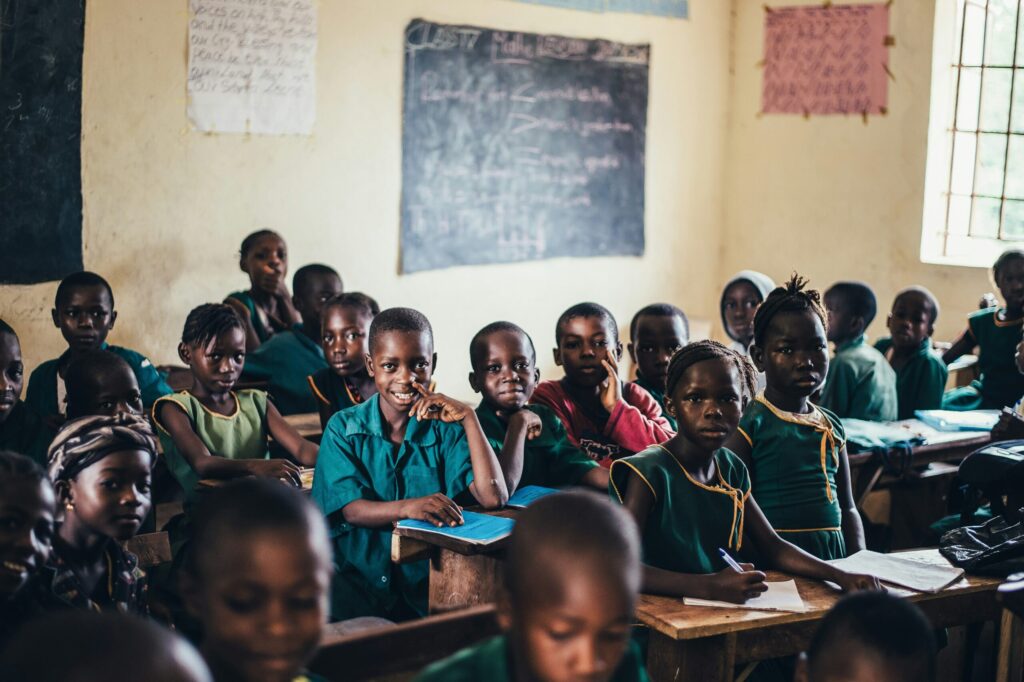Sierra Leone’s promise of education as a tool for breaking the cycle of poverty and fostering social mobility remains unfulfilled for many, as systemic barriers continue to marginalise the most vulnerable populations.
Access to education in Sierra Leone is deeply influenced by socio-economic status, geographic location, and gender. Children in rural areas face significant challenges compared to their urban counterparts, with schools often located far from home and lacking basic resources.
Many rural schools operate without adequate infrastructure, textbooks, or trained teachers, leaving learners at a disadvantage before they even begin. For families living in poverty, the indirect costs of education—such as uniforms, learning materials, and transportation—often make schooling unaffordable.
Girls, in particular, face additional obstacles. Early marriages, teenage pregnancies, and cultural norms that prioritise boys’ education over girls’ often result in high dropout rates among young women.
Despite government efforts to address these issues, including the introduction of free quality school education, the cultural and economic realities on the ground continue to impede progress.
Another layer of inequality lies in the quality of education provided. While some schools, particularly in urban centres, offer relatively high standards of teaching and resources, the majority struggle with overcrowded classrooms and unqualified educators.
This disparity creates an education system that not only mirrors but also perpetuates the socio-economic divide.
To bridge this gap, Sierra Leone must prioritise equity in education. This involves targeted investments in rural schools, initiatives to support girls’ education, and the development of teacher training programmes to ensure quality instruction.
Education, when made truly inclusive and accessible, has the potential to transform lives and drive the country toward greater equality and development.
The time to act is now, for the future of Sierra Leone depends on the empowerment of its youth through education.


